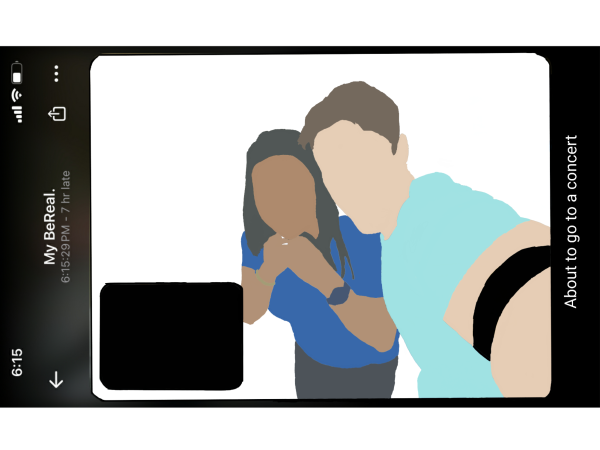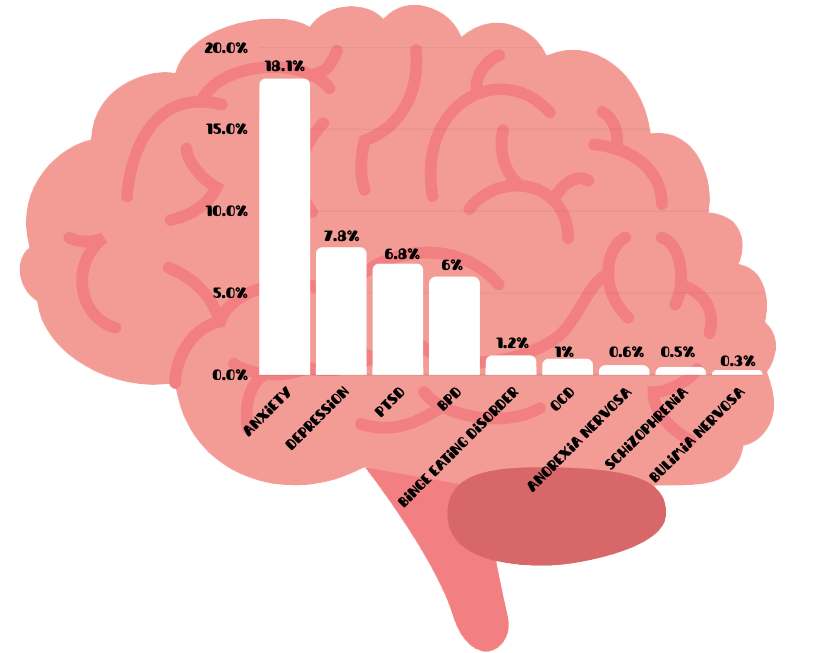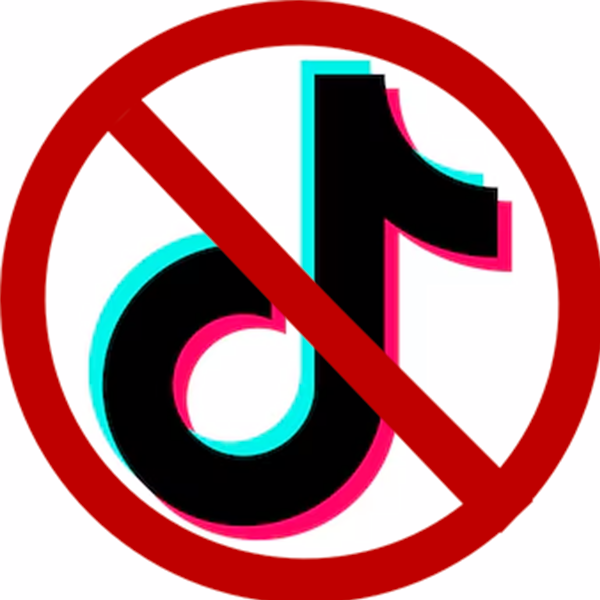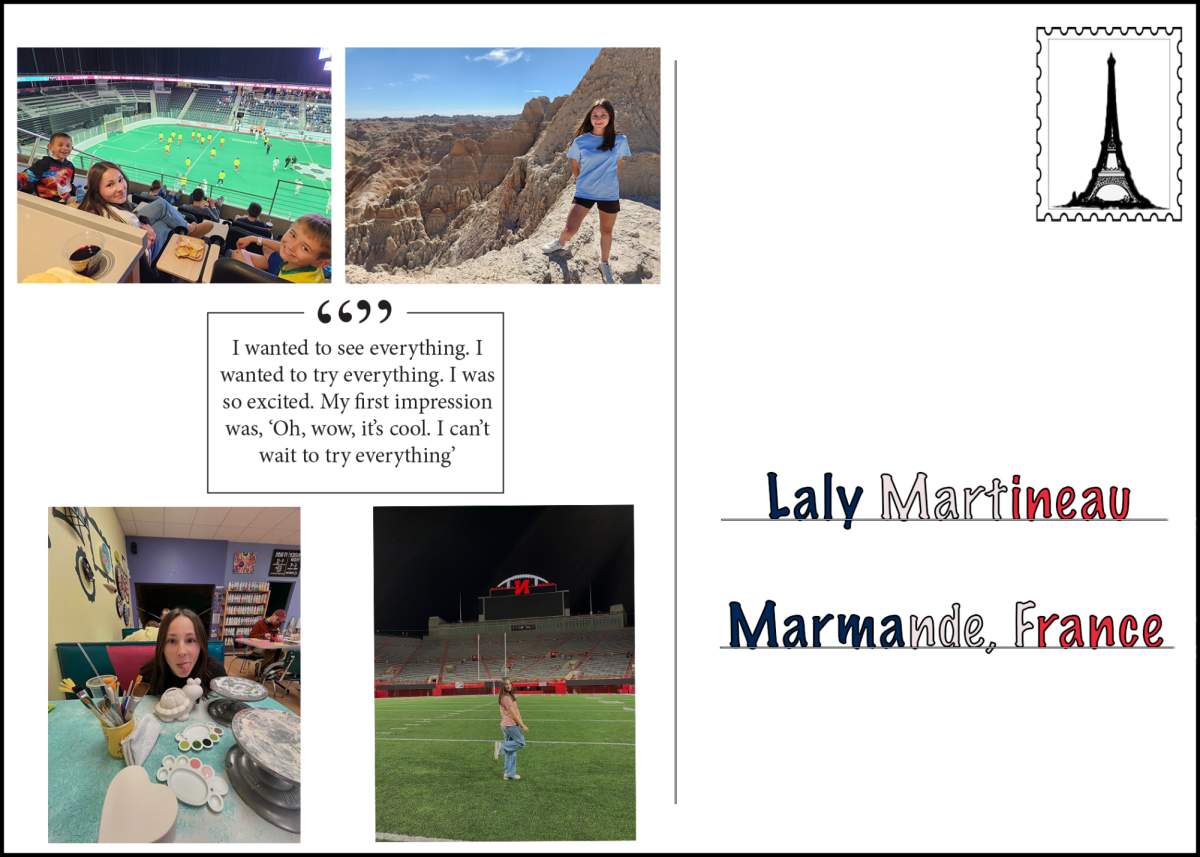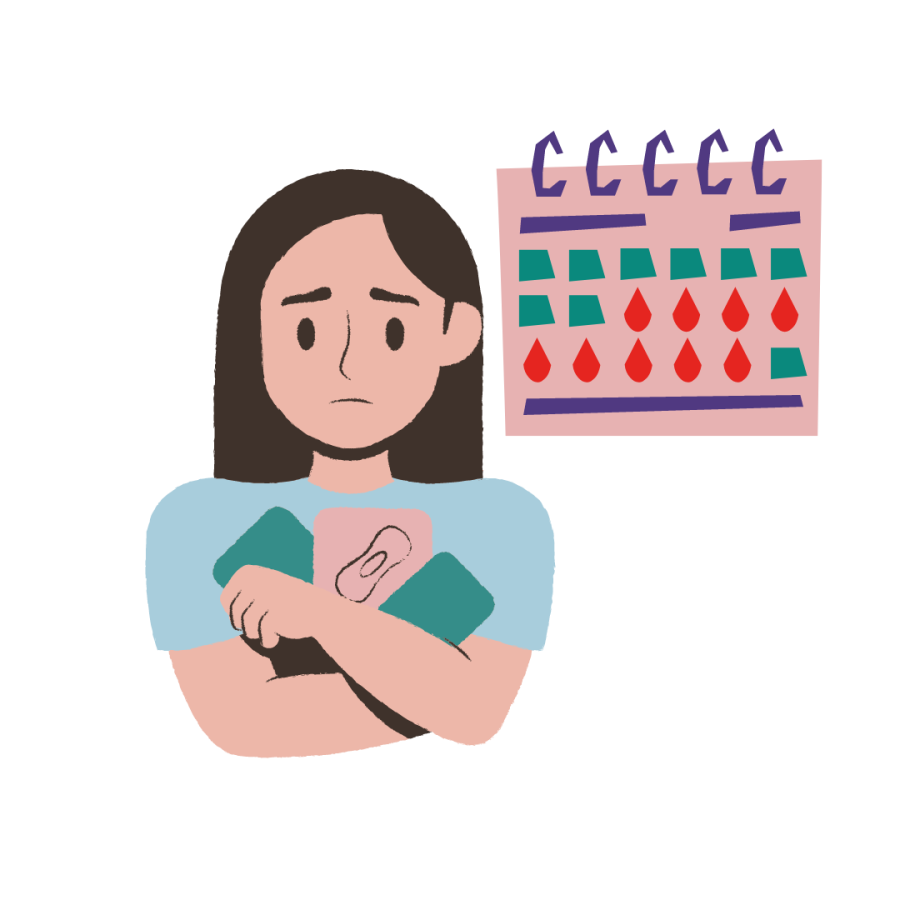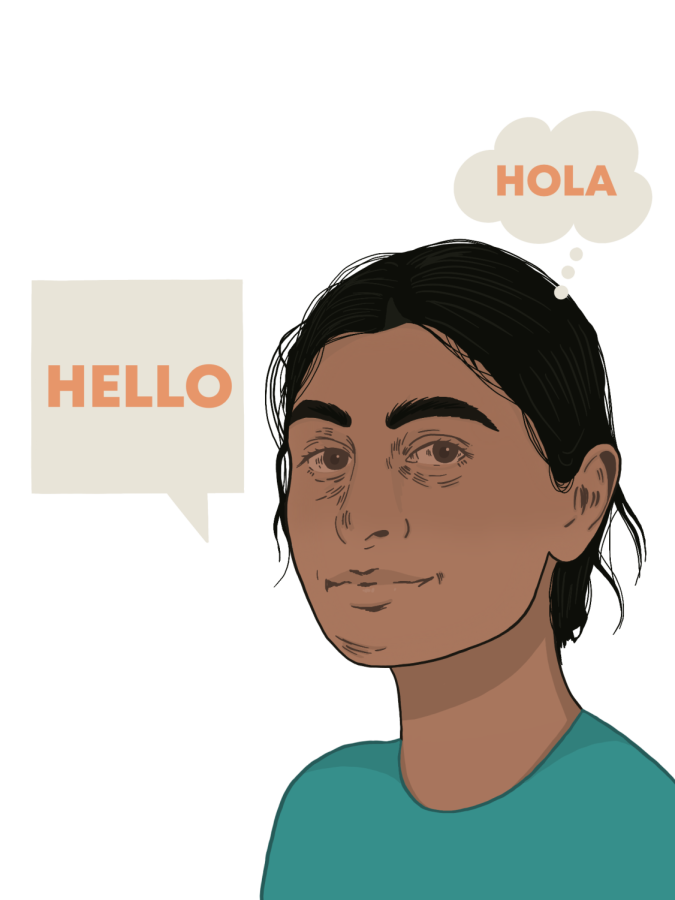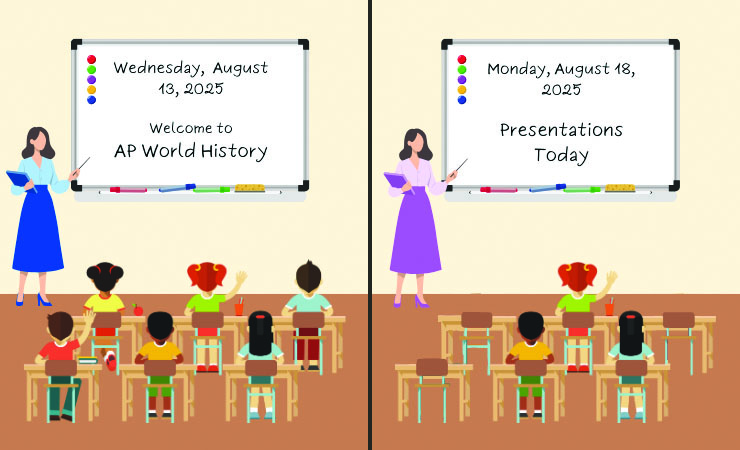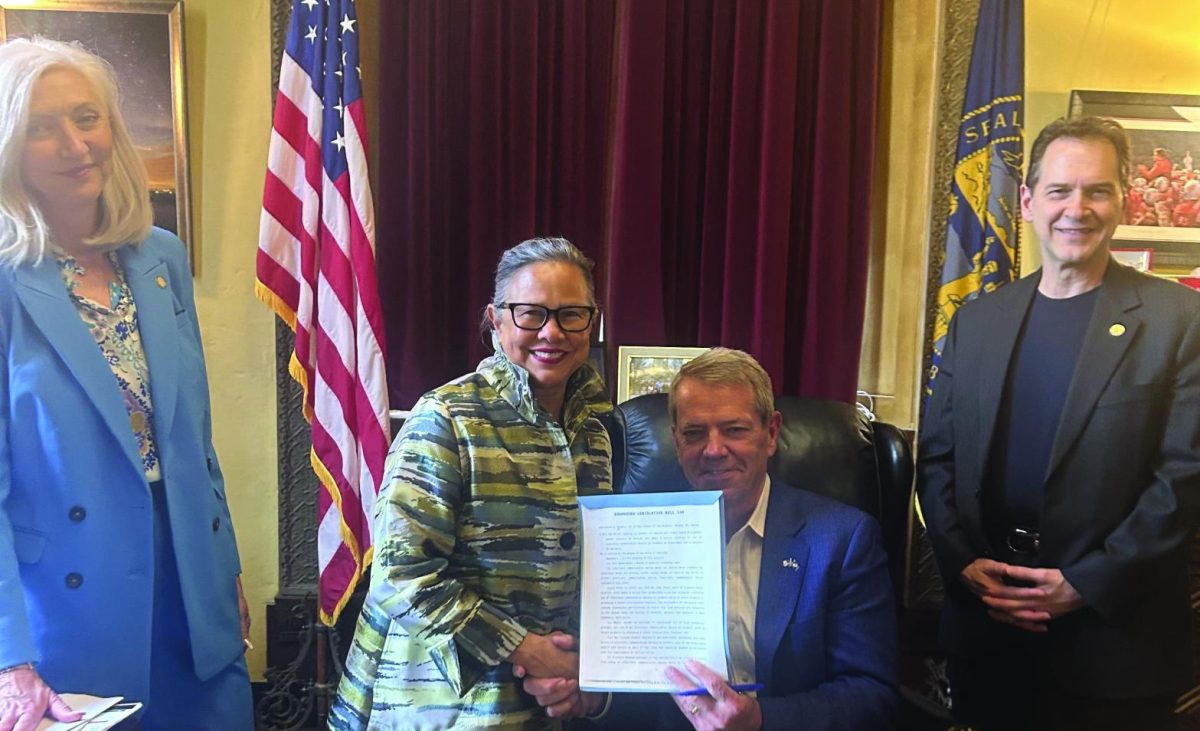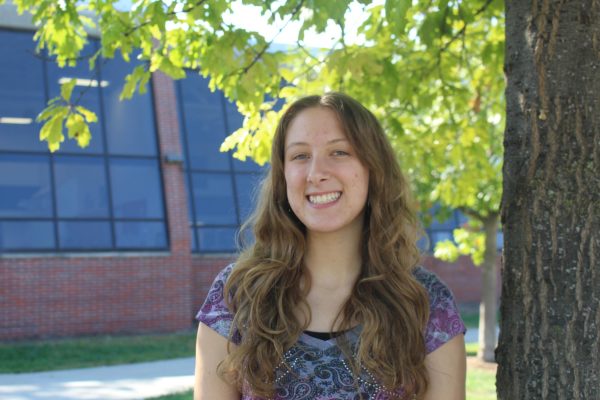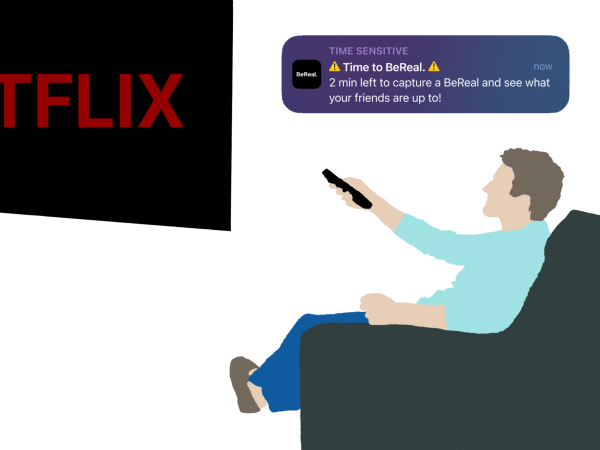
A notification rings throughout the school hallways. The timer has begun. Students pull out their phones and raise them for a selfie, pulling their friends close. It’s as if time stops and taking pictures is the most important thing in the world. Instantly, one’s feed is flooded with photos that capture the real, unedited, unfiltered life of the poster.
At the height of the app BeReal in 2022, this was a common occurrence. Who knew such a simple and seemingly holistic idea – to show one’s real life, sans photo editing – could backfire?
Created in 2020 by French developers Alexis Barreya and Kévin Perreau, BeReal was originally marketed as “anti-Instagram” and at first, it was exactly that. When the notification goes off, a two-minute countdown starts and you have the option to take your BeReal. Photos from your front and back camera are taken simultaneously but you are allowed to retake your photo as many times as you want during the time window, though your amount of retakes is documented and posted.
The app is set up this way so that you can see what your friends or family are doing at that given moment no matter how mundane. There are no filters either for the enhancement of authenticity. In addition, the app doesn’t allow participants to see their friends’ posts until they have posted their own BeReal.
In theory, the app sounds like the perfect way to prevent seeing only “highlight reels” on social media. “Highlight reels” are posts that are only of the best moments of one’s life rather than the whole picture including the good and the bad. BeReal falls short of avoiding that though with features that undermine its authenticity.
The app allows participants to take a BeReal even after their two minute window is closed and the only consequence is that your photo is labeled as late. The reward for posting on time is three extra photos that you can post whenever.
For LSE junior Garrison Mehlin, this feature defeats the purpose of BeReal.
“Underlying purposes aside, late posts allow people to alter, wait, and give them time to set up fake scenarios that they can then proceed like everything is the norm.”
While not all users are guilty of not being authentic, Mehlin has first-hand seen others posting their BeReals later when they are doing something more exciting. He believes this is done so that one can seem cooler to their followers.
Freshman Frances Hoien agrees saying that BeReal is like most other social media platforms where users alter their posts to be more interesting.
“Maybe they just want to show off what they’re doing because I feel like if we look at it from the perspective of how social media works, everyone wants to be showing off what they’re doing. It really boils down to people wanting to show off what they’re doing so that people know that they’re not boring. Or [that] they’re actually doing stuff and not just sitting at home, you know? I feel like that’s how social media works, [it] is where they want to show off,” Hoien said.
University of Michigan student Oliver L. Haimson describes the extreme difficulty of being authentic as the “online authenticity paradox.” Haimson’s article, The Online Authenticity Paradox: What Being “Authentic” on Social Media Means, and Barriers to Achieving It published October 2021, including other University of Michigan students Tianxiao Liu, Ben Zefeng Zhang and Shanley Corvite describes the “online authenticity paradox” as how “people strive to achieve online authenticity, yet because doing so requires sharing negative experiences on social media, online authenticity is often unreachable, or is possible only at great personal cost – especially for those with marginalized identities and difficult life experiences.”
This paradox would explain how, though many users of BeReal strive to be authentic and downloaded it for that purpose, it is often impossible for them to do so constantly. If the app doesn’t show authenticity, then it is just another social media platform chalk full of curated personas and harmful side effects.
Another downfall and side effect of BeReal is an increase in participants’ feelings of a fear of missing out (FOMO). On most social media platforms users often view others hanging out without them, most being their friends. If that isn’t bad enough, BeReal offers the opportunity to see one’s friends doing things without them at that exact moment.
Hoien has experienced the effects of FOMO that BeReal has in her own life and the lives of her peers.
“I feel like we’ve all felt really left out on social media, but I felt especially left out on BeReal. That’s how it is like I said with every single social media platform. I feel like everyone at some point gets FOMO,” said Hoien.
Mehlin has the same belief that BeReal is similar to most other platforms in relation to FOMO.
“This platform that allows you to just post your location, situation, and who you are with while simultaneously being able to view anyone else’s is a large contributor to being left out and discarded, especially as people post fake surroundings in an attempt to appear cooler or more exciting than they really are,” Mehlin said. “This feeling of social isolation is a mental health crisis on its own, and it’s a pandemic among late teen/high school age students that needs to be addressed more than it is.”
Moreover, Mehlin believes that the cause of FOMO due to BeReal can be detrimental towards the mental health of teens.
“The effects of FOMO or being left out is in direct conflict with our drive towards a community as a species. Seeing everyone else hanging out, being cooler than you, and doing cool things when you’re just at home watching TV can alienate those who already may feel left out,” Mehlin said. “It polarizes students into groups of the outcast and the popular kids, and reinforces the stereotype that one is superior to the other. What I think people may fail to realize is how closely [social media and FOMO] are associated, though BeReal may just be a drop in the bucket of social media content, it still plays a major role in teenage mental health epidemics. It is a sad reality.”
FOMO isn’t only seen as a serious issue by Mehlin. Many mental health professionals agree that it negatively impacts the mental health of adolescents. When talking about FOMO in correlation to mental health, in their article titled Fear of missing out: A brief overview of origin, theoretical underpinnings and relationship with mental health from 2021, the National Institutes of Health (NIH) say that, “The concept of FOMO explores the fear of social exclusion. Through social media, there is continuous awareness of what an individual may be missing in terms of a good time which researcher [sic] phrases as ‘it creates distorted perceptions of edited lives of others’”.
The article from the NIH continues with saying, “The ‘Round the clock’ nature of these communication may lead to feeling lonely and inadequate through highlighting others activities and popularity and comparison of oneself to others, leading to vicious cycle of compulsive checking and engagement.”
Beyond this, FOMO can also cause poor sleep, have negative effects on academic performance and can lead to poor eating habits.
In similarity to FOMO, BeReal also doesn’t help with the major issue of social media users’ need for validation through social media platforms. FOMO is very much related to this issue because as users compare themselves to their mutuals, often they can feel some sort of jealousy towards what they are missing out on.
On top of that, BeReal adds to the need for validation because of their feature, RealMojis. RealMojis are photos that one takes of themself portraying a specific emoji which they then can send to people as a reaction to their BeReals. These RealMojis are highly comparable to likes on Instagram, the app many claimed was meant to be its opposite.
While this app does have its few upsides, the negatives seem to outweigh the positives. BeReal acts as another social media platform fad gripping teens and young adults and selling them on a new way to impair their mental health.
“It’s incredibly simple, incredibly effective, and incredibly detrimental,” said Mehlin.
